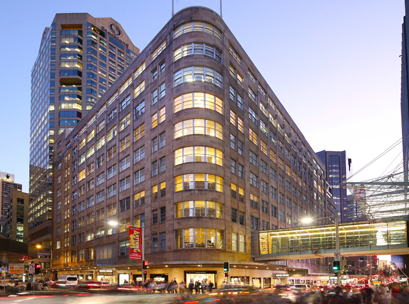
The financial health of the country’s business sector is generally sound and, while there are some challenges in the retail sector, they do not pose a risk to the banking system, a top central banker says.
Reserve Bank of Australia assistant governor Michele Bullock said intense competition in retailing had left some firms vulnerable, particularly those that were privately held.
There were also strains in the commercial retail property market, with possible overbuilding of shopping centres, while banks had sharply increased lending to the sector in recent years.
But banks’ total exposure to retailing was under $60 billion or less than three per cent of their assets.
“So, while there may be vulnerabilities in the retail sector, these do not currently seem to pose a significant risk to the financial sector,” Bullock said in a speech to the Toowoomba Chamber of Commerce in Queensland.
In contrast, Australia’s huge mining sector was enjoying its greatest level of profitability in a decade thanks to high prices for some key commodities, with liquidity high and debt levels low.
“As a result, mining firms’ balance sheets appear well-placed to absorb shocks, perhaps more than has been the case for some time,” said Bullock, who heads the RBA’s financial system unit.
Small businesses, however, had been facing tighter credit conditions over the past year or so, with bank lending to the sector hardly growing.
Such businesses account for 70 per cent of employment and 40 per cent of production in the private non-financial sector.
Non-performing loans in the sector remained at low levels and total lending accounted for a small share of banks’ assets, limiting the risks to the financial system.
“In general, the financial health of businesses looks sound,” Bullock concluded.
“And while some individual sectors and regions do face challenges, these do not currently pose a threat to financial stability.”





